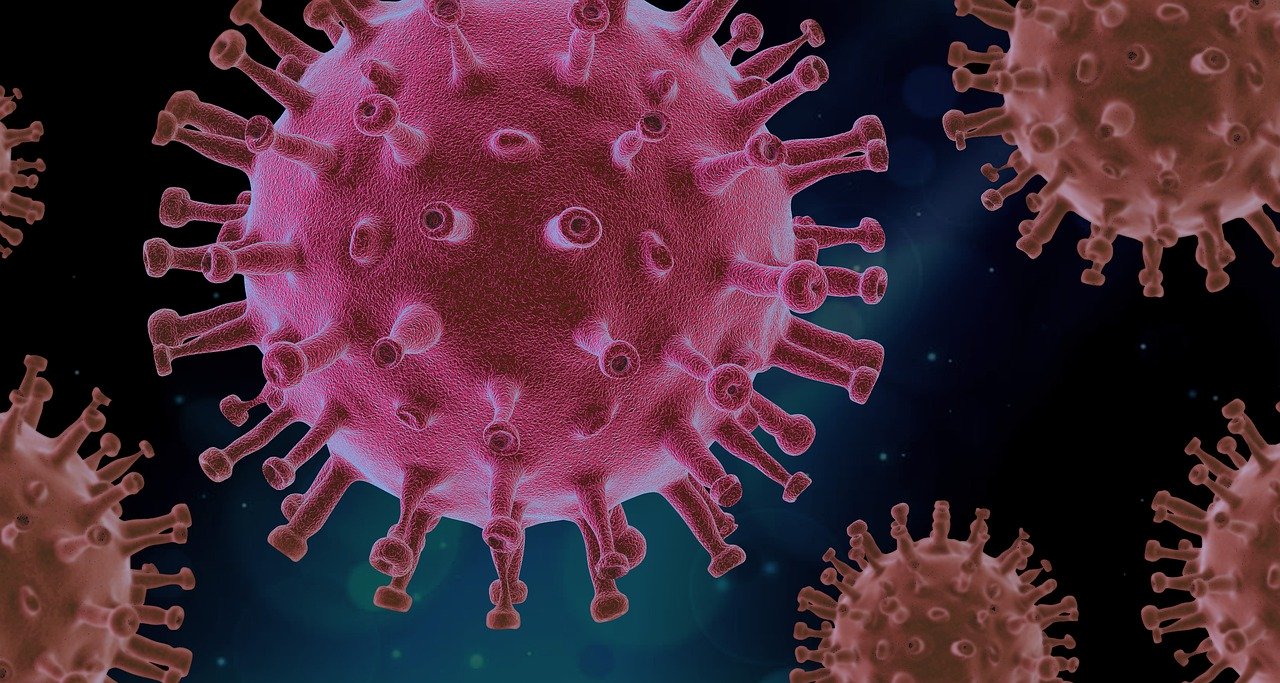New integrity in time of crisis

Since the
crisis has started considerations in ethical dilemmas have changed. In many
dilemma situation a cooperative mind-set seems to get prevalence, and where
not, criticism arises. If this mind-set can get roots, it will help our
societies on the long run.
In interactive ethical trainings that I like to teach, a key form of activity is the discussion of ethical dilemma situations. Torrent and copyright cases always trigger vivid discussions. Nobody questions property rights or that knowledge and entertainment producers need revenues. At the same time, many still accept illegal downloading of films and books. Some remember to have felt some doubt when they first accessed illegal content but remorse has rapidly faded and disappeared. This ethical fading is the usual psychological self-protection mechanism that help us slide into improper routines. During my trainings, after some discussion, only one ground remains for rationalization: “Otherwise, we could not afford”. “We would be excluded”. In most countries where I work, this is true. Not only teenagers could not afford many of the digital products they use for entertainment, neither teenagers, nor adults would have access to many of the great new books, scientific journal articles, good learning sites that they need to become better professionals and human beings that are more responsible.
No supporter of democracy would negate that wide access to reliable information, state-of-the-art knowledge and mind-set changers are crucial to support development and thus would be in the interest of all. Yet, among the top education and knowledge resources, initiatives like TedEd and the Kahn Academy, whose mission has been since their start to spread top quality learning free and accessible for all, have been rather elevating exceptions than the rule.
What happens now, during the crisis? Free access is offered through the net and television channels to concerts, opera, theatres, books, expensive weekly magazines offer free reports and summaries of events and even the most expensive ivy-league universities are offering their e-courses free. Researchers, doctors, hospitals and intelligent governments share information in real-time to help others, and when they can afford, they also share personal and equipment.
I do not want to underrate good will and generosity as motivating factors. At the same time, the source of such a sudden change is not only elevated spirit. Those who share and think beyond their own self-, group- or national-interest know that their prospects are dependent on others as well. They know, that we cannot leave others behind and act on selfish, short-sited instincts without taking huge risks for ourselves in the future.
It is clear that in this crisis, those communities can minimize losses that can cooperate. And, those leaders can engage communities in cooperation who unite them by speaking clear, consistent and credible. In this crisis, solidarity and disciplined cooperation are necessary foundations for intelligent action. This is not a new idea. The major problems of the World, like increasing disparities, migration, climate change, have already clearly demonstrated that for sustainable processes we need to be able to look beyond short-term and short-sited, personal and group interests.
A positive consequence of these horrible times may be that a rapidly increasing share of people experience and feel interconnectedness, interdependence on their own skin as never before, and realize the necessity to think in collaboration and in positive sum games.
There are already huge differences among the trajectories of countries and differences will probably increase. This will be a painful process but will produce some strong evidence for the need to correctly inform stakeholders, build trust and cooperation and look beyond short term, self-interest. The crisis will show that responsible leadership, consistent, inclusive strategies and correct communication, will result in less loss and suffering. It will also show that solidarity and disciplined cooperation is possible and brings incredible results.
The crisis will be long. May be long enough for the spirit of cooperation to trickle into routine, get socialized. A mind-set change may emerge even in those who had always perceived interaction in zero-sum games. In those who strived to grab what they could for themselves and/or their group, exploiting whatever or whoever they could. Shift from zero sum mind-set to a positive sum mind-set means that we do not seek to satisfy our needs only, and in competition with others. We do not separate the world into different in- and out-groups but can think about mutual benefits, and solutions that increase the common good. We realize that if we try to get everything only for ourselves and exclude others from possibilities, we lose their contribution to our wellbeing. We damage our own future prospects.
In a “positive sum mind-set” sharing is not only noble but can be pragmatic as well. It is in my interest that others can also strive because that helps my prospects as well. We have lived long in the era of globalization and utter interconnectedness, still not all could grasp this mind-set. We cannot stop globalisation and interconnectedness. Now we experience how painful is to be closed again in small territories. After this painful time, with this new mind-set we may be able to master processes for the benefit of many. It is possible that a better world will emerge from the crisis?
